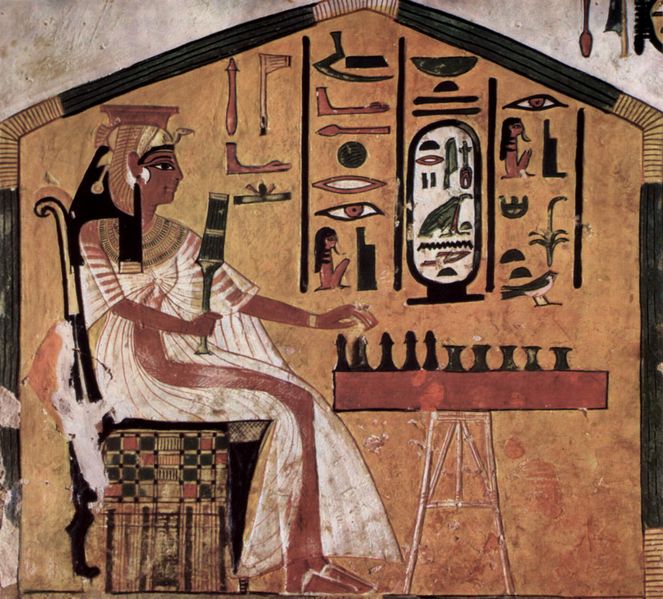
I’ve always found this passage in C. S. Lewis’s essay “God in the Dock” rather curious, and wondered whether it would hold true today or beyond his specific audience in the Royal Air Force:
The next thing I learned from the R.A.F. was that the English Proletariat is sceptical about History to a degree which academically educated persons can hardly imagine. This, indeed, seems to me to be far the widest cleavage between the learned and the unlearned. The educated man habitually, almost without noticing it, sees the present as something that grows out of a long perspective of centuries. In the minds of my R.A.F. hearers this perspective simply did not exist. It seemed to me that they did not really believe that we have any reliable knowledge of historic Man. But this was often curiously combined with a conviction that we knew a great deal about Pre-Historic Man: doubtless because Pre-Historic Man is labelled “Science” (which is reliable) whereas Napoleon or Julius Caesar is labelled as “History” (which is not). Thus a pseudo-scientific picture of the “Caveman” and a picture of “the Present” filled almost the whole of their imaginations; between these, there lay only a shadowy and unimportant region in which the phantasmal shapes of Roman soldiers, stage-coaches, pirates, knights in armour, highwaymen, etc., moved in a mist. I had supposed that if my hearers disbelieved the Gospels, they would do so because the Gospels recorded miracles. But my impression is that they disbelieved them simply because they dealt with events that happened a long time ago: that they would be almost as incredulous of the Battle of Actium as of the Resurrection—and for the same reason. Sometimes this scepticism was defended by the argument that all books before the invention of printing must have been copied and re-copied till the text was changed beyond recognition. And here came another surprise. When their historical scepticism took that rational form, it was sometimes easily allayed by the mere statement that there existed a “science called textual criticism” which gave us a reasonable assurance that some ancient texts were accurate. This ready acceptance of the authority of specialists is significant, not only for its ingenuousness but also because it underlines a fact of which my experiences have on the whole convinced me; i.e., that very little of the opposition we meet is inspired by malice or suspicion. It is based on genuine doubt, and often on doubt that is reasonable in the state of the doubter’s knowledge.
C.S. Lewis, “God in the Dock” (1948) included in God in the Dock (Eerdmans, 1970) 241-242.
Anyway, I just read a short little piece in the September/October 2017 issue of the Biblical Archaeology Review — “Board Games in Biblical Gath,” by Shira Albaz, Itzhaq Shai, Haskel J. Greenfield, and Aren M. Maeir. (Almost as many authors as paragraphs.)
The article discusses archaeological discoveries of fragments of ancient board games. It turns out that the oldest example of such a thing was found in Egypt, in a Predynastic tomb that’s been dated to about 3500 BC. Some scholars believe that this game, called Senet, originated in Egypt and then was introduced into Canaan as the “Game of Thirty Squares,” although some others believe just the opposite, that it originate among the Canaanites and was adopted by the Egyptians.
“Gaming boards and playing pieces made of durable materials, such as stones, pebbles, bones, sticks, twigs and animal turds [sic], have been found in all kinds of archaeological settings, showing that board games enjoyed popularity among all social strata of ancient societies in Canaan.”
I find this interesting simply because the thought of ancient people sitting around playing a board game seems, in a way, so utterly modern. I would think that, in some minds, it might make them seem more “real,” more believable. If they liked to unwind of an evening with a pleasant and sociable but slightly challenging little game, they weren’t, in that sense, so very different from us.











